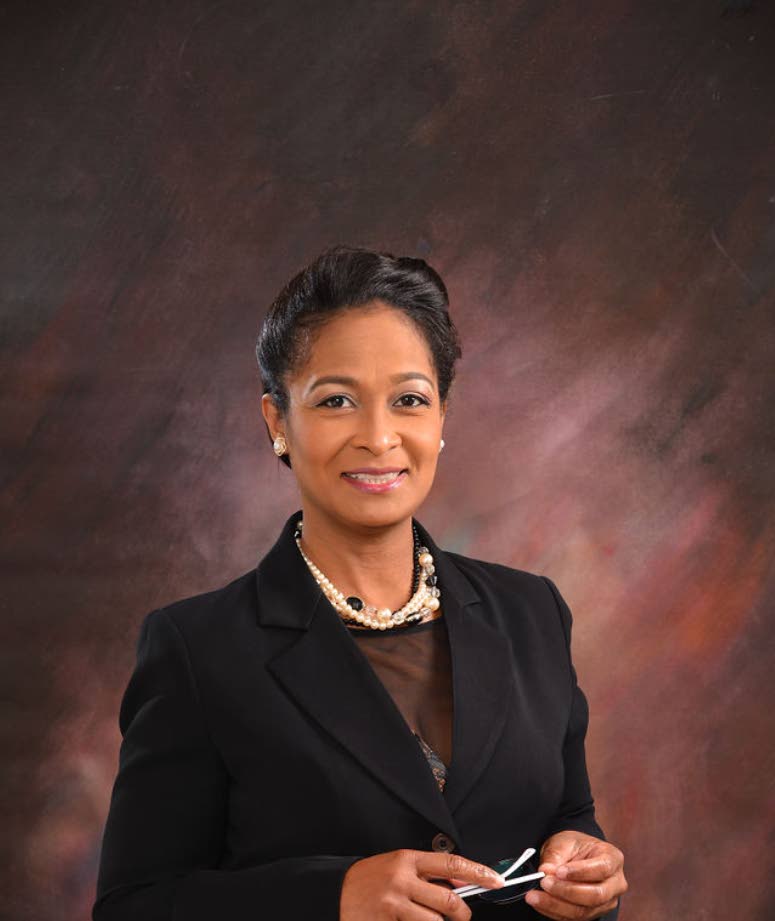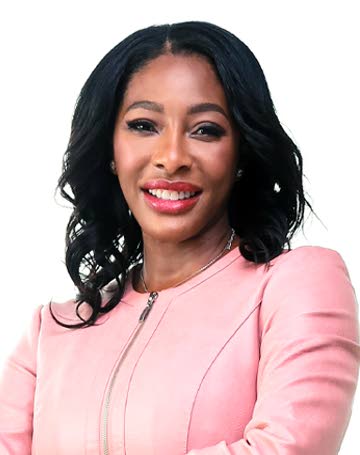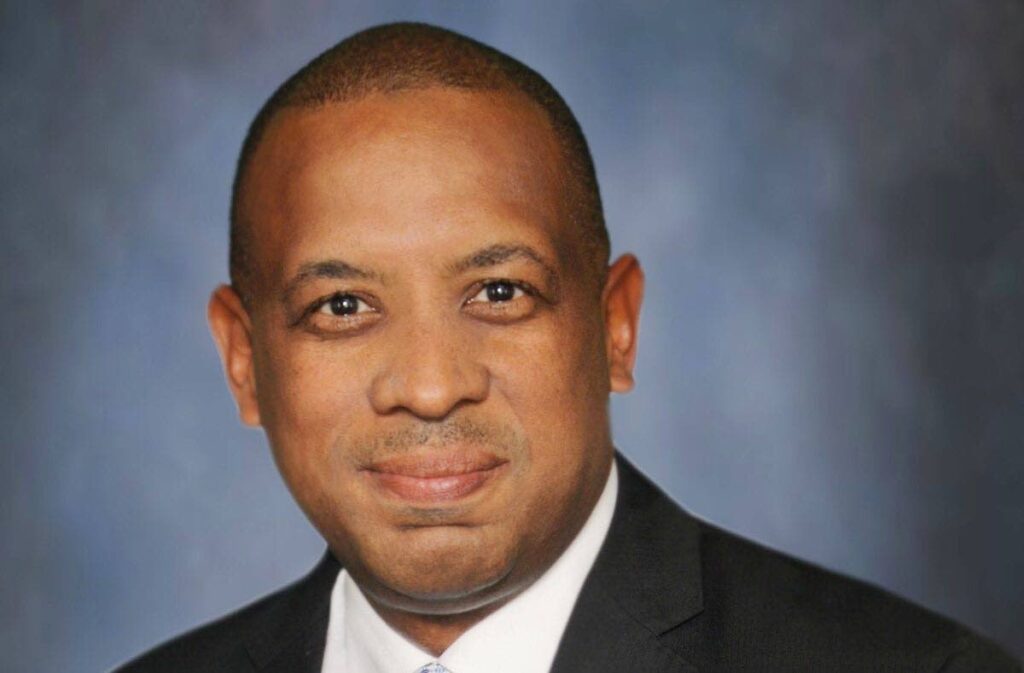The modern workplace: Are you hiring for diversity or capacity?

Here’s a hypothetical question. You are an employer with a space in a top position in your company, and you have four candidates to choose from. One is a well rounded, experienced male from East Port of Spain; another is a young, energetic and creative black woman; the third is openly part of the LGBTQIA+ community with a wealth of knowledge about the job; and the fourth is a highly capable, differently-abled person.
All four show evidence of great leadership skills, ability to do the job and education in the necessary fields, and they were all highly recommended by their peers. Each one brings something different to the table with their knowledge and ideas.
There is a need for diversity in your company, as there is a trend of only a few people from select communities being enrolled in your business.
The question is: who do you hire and more importantly, why?
Are you hiring this person because you need to fill a quota; because they have similar philosophies, ideas and positions to you; or because of their abilities, skills, capabilities and experience? Are you hiring for diversity, or capacity?
This was explored on Tuesday, the second day of the TT Chamber of Commerce virtual workshop – Leadership at the Crossroad: To a Modern Workplace. Panellists were Jonathan Cumberbatch, assistant vice president, human resources and administration of the University of TT, Natasha Subero, consultant at Arthur Lok Jack Global School of Business, Safiya Johnson Noel, managing director of Safiya Group Ltd and keynote speaker Karrian Hepburn, managing director of Guardian Media.
The panellists agreed that for a business to be truly diverse, leaders must find the right balance between finding different people for a more agile workspace and simply finding the right person for the job.
Mind your own prejudices
Subero warned against falling into the trap of hiring people based on your own biases, especially since everyone has their own biases and prejudices.
“There was a time when I was responsible for recruiting at a major national organisation in Trinidad, and I noticed a pattern,” she said. “I found that the best candidates usually went to the same schools that I went to, or maybe the same university, or maybe the same religion.
"So my perfect candidate was a mirror image.”
She said she discovered her own biases through conversations with other people, who pointed out the similarities in the people she selected.
“Our biases as human beings, particularly human beings in positions of power, are really very strong, and they're often completely unconscious,” she said. “So what diversity does is, it says, look at yourself in the mirror and understand that you have some biases.”
Hepburn also shared a similar experience, saying in the selection of the cast for Guardian Media’s CNC3 7 pm newscast, she came across criticism, not for hiring people just like her, but hiring too many people who were different from her.

“We were doing trials for our newscast, and if you looked at our 7 pm news recently, you would see that we have a mix,” she said. “But some people still have commented that the cast is heavily Indian. If the cast was heavily black, they may have said that I influenced that.”
She said it might be that a company should be careful not to fill roles too quickly to ensure that all people are considered.
“It's almost like this diversity and inclusion thing is wringing our arm and saying, 'Can you find somebody that is different but equally competent to do the job?' The point that I guess people are making (is that) they want to see a variety of people viewed in news, so they are looking for somebody that looks like them.”
She said her managers also have to be mindful about how reporters write for the newspaper. If a particular writer writes in a particular tone or on particular topics all the time, they could run the risk of being stereotyped and accused of having an agenda.
“Our leadership team and our team in general still have a lot of work to do in institutionalising diversity, but also executing it in a practical way that is truly beneficial to all employees and ultimately to our customers,” she said.
Noel said the experiences that both Subero and Hepburn had were part of a very real phenomenon called the ASA cycle – attraction, selection and attrition.

“When you put people into the environment of the organisation, they select the people who are like themselves, and if by chance someone comes and they are not like yourself, the attrition cycle takes place and the person leaves, because they feel like they don’t belong. That leaves a homogeneous group in the organisation,
“One of the ways to get around that is exposure – literal exposure. Because if you don't expose yourself, you only assume, you only perceive what it is like in somebody's life.”
Subero and Hepburn agreed that in order to get past prejudices, employers need to cast a wider net so there is a good mix of candidates and ample opportunities for all qualified people to apply, otherwise businesses could find themselves in an echo chamber with no fresh ideas and no innovation.
“That doesn’t mean that I would not ultimately hire someone who looks like me or is similar to me,” she said. “But I am casting a wider net so that I don’t end up eventually with groupthink because everybody has been to the same schools, been to the same parties, same experience, same life, same religion, and we all end up coming up with the same ideas.”
“There's nothing new. There's nothing fresh and ultimately we become irrelevant, because we are forming this non-virtuous circle, as opposed to spreading our wings and going, thinking globally and thinking differently.”
Intentional diversity
The panellists said there was a need to be intentionally diverse in the selection process, to ensure there are no biases when selecting the right team for your business.
“Intentional diversity means that I'm looking beyond,” Subero said. “It's saying, 'Okay, this person meets the minimum requirements, but what else can they bring?'”
Moderator Lara Quentrall-Thomas added that for leaders to be intentionally diverse, they would need to live the values that they have set for their companies.
“You can have framed in your strategic plan, these are our core values: trust, integrity, love, respect the environment and so on – but then you have no recycling project. You have no inclusion. Your board is all male, or all white.
"We have to live those values, to show our employees that we live them...and that's what represents who we are as leaders in our organisations.”
Quentrall-Thomas added that leaders should also get out of their comfort zones and learn about the experiences of people from different walks of life.
“Education and information is available. You must read things that you don’t necessarily agree with. You must push yourself into uncomfortable spaces to read and learn and view and observe different people in different spaces. It is important so you won’t just reinforce what you already believe."
“The issues that are coming up that may not be to everyone's liking, to one individual,” said Cumberbatch. “It will be seen as necessary to ensure viability.”

“As leaders we have to expose ourselves to people’s situation,” added Noel. “The LGBTQIA+ community, people from ethnic backgrounds, migrants. You need to expose yourself to what their life is like.”
Panellists also said it is necessary for the private and public sectors to include diversity and inclusion policies to enhance organisations. Policies such as a diversity and inclusion policy, which should state the company’s commitment to a fair, equitable and diverse workspace; codes of conduct which set out how employees should behave in the workspace; disability and reasonable-adjustment policies which detail how an organisation will make adjustments to ensure support and accessibility for the disabled; and a whistleblowing policy, which could show employees the methods to raise and resolve serious issues in the workspace, will create a space for everyone to work and thrive.
“It is so important to stress diversity,” said Hepburn. “Most companies are able to operate in a global space, meaning they have clients outside of our borders, we interact with suppliers outside of our borders, we want to export.
"So the reality is, we have to start to think globally. We need to stop thinking in an ethnocentric way. We need to start to understand that there are different ways or different perspectives.”
Opportunities are there for the taking
While it is imperative for companies to seek out diverse people to have the best mix of ideas and innovations for their business, Noel pointed out that, for people who do not fit the status quo, they will also have to bring their A-game.
“They need to bring their best selves to work and to the table, so that persons will have to literally show their prejudice not to select you because you were that good."
Noel, who was born and grew up in Morvant-Laventille, and attended Success Laventille Composite School, said people were bowled over when they saw where she came from and her credentials.
“They asked me how did I do that, and said I had to be a superb candidate,” she said.
But she also experienced prejudice because of her colour, where she came from, her age and her gender. She recalled in 1999 sending out more than 100 resumes and putting her address in, and not getting any responses.
“Only PricewaterhouseCoopers hired me. That was my first job.” she said.
Things have evolved since then and there are opportunities for all people coming from all walks of life now, she believes. People, especially those who have been on the receiving end of prejudice, now have to put aside their fears and take the opportunities that are available.
“I think people have access,” she said. “It is more the will to go in, for me. People will go into certain spaces and assume they will not be received, and even if they don’t belong, their strength of character helped them to pursue their goals nonetheless.”
“Sometimes people come to the table with their prejudice expecting to be disadvantaged, and then create issues for themselves. When we are on the receiving end of prejudice, we start to limit ourselves and box ourselves out of the opportunities.”
“The opportunities are there,” Noel said. “It is up to you to grasp these opportunities.”


Comments
"The modern workplace: Are you hiring for diversity or capacity?"